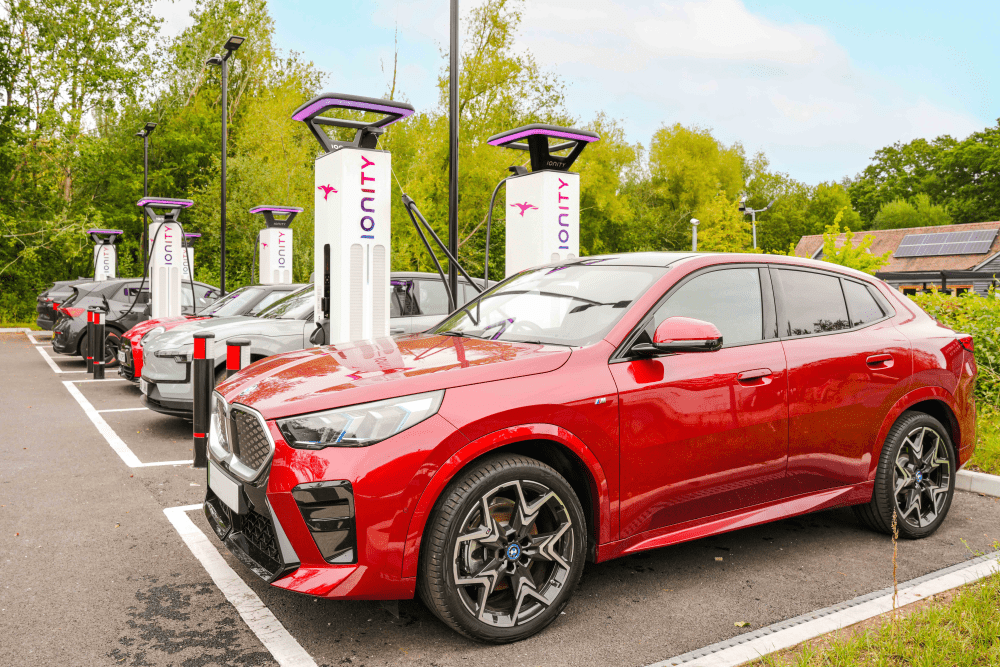A new report by the Institute of the Motor Industry (IMI) has revealed the top ten short-term requirements for skills in the UK automotive sector.
The study, called Driving Auto Forwards offers strategic recommendations and actions for the UK automotive sector in the report to help build a fully-skilled workforce.
It also said a series of insight reports will be published in the coming months that “take a deeper dive into the key themes and offer detailed opinion and analysis”.
The drivers for skill requirements include:
- The ongoing challenge filling vacancies with the highest vacancy rate in 21 years.
- Building a technically skilled and futureproof workforce with specific electric vehicle training.
- Growth in manufacturing means new technical roles such as programmers and software developers will become available
- Challenging the lack of diversity in the workforce
- Increasing emphasis on customer service and soft skills in retail
- Ensuring green initiatives and sustainability with increasing adoption of eco-friendly practices, including a shift to lightweight materials, sustainable manufacturing and sustainable supply chain management.
- An increasing integration of telematics and data analytics
- Manufacturers’ adoption an agency model direct to consumers will impact jobs and skills in retail
- Sales professionals gaining digital marketing and online sales skills.
In addition, the report highlighted the road to recover after the Covid pandemic, which had a dramatic impact on new car sales, and a growing need for professionals skilled in vehicle refurbishment and parts and component manufacturing.
Steve Nash, CEO of the IMI, said: “As the industry evolves, identifying and addressing the key drivers shaping the future skills landscape is crucial. The challenges facing the sector today vary greatly, reflecting the fast-moving and dynamic nature of automotive today. If businesses in our sector are to tackle these challenges effectively they need strategies in place now that can support change and growth.
“The automotive sector is undergoing significant change, and our workforce, processes and technology must adapt to meet new and ever-changing needs.
“Customer demand for more technologically advanced vehicles and seamless digital experiences, as well as more sustainable and environmentally responsible materials and practices has brought about an urgent need for new skills within the automotive workforce. To meet this need, businesses must invest in upskilling their employees, offering access to training programmes that address the specific needs arising from the shifting vehicle ownership patterns and fostering a culture of ongoing learning.
“Upskilling and expanding the scope of existing roles will help the motor industry serve customers as the landscape continues to shift and evolve, helping it to remain successful, profitable and a positive contributor to the UK economy in 2024 and beyond.”
Image from Shutterstock











